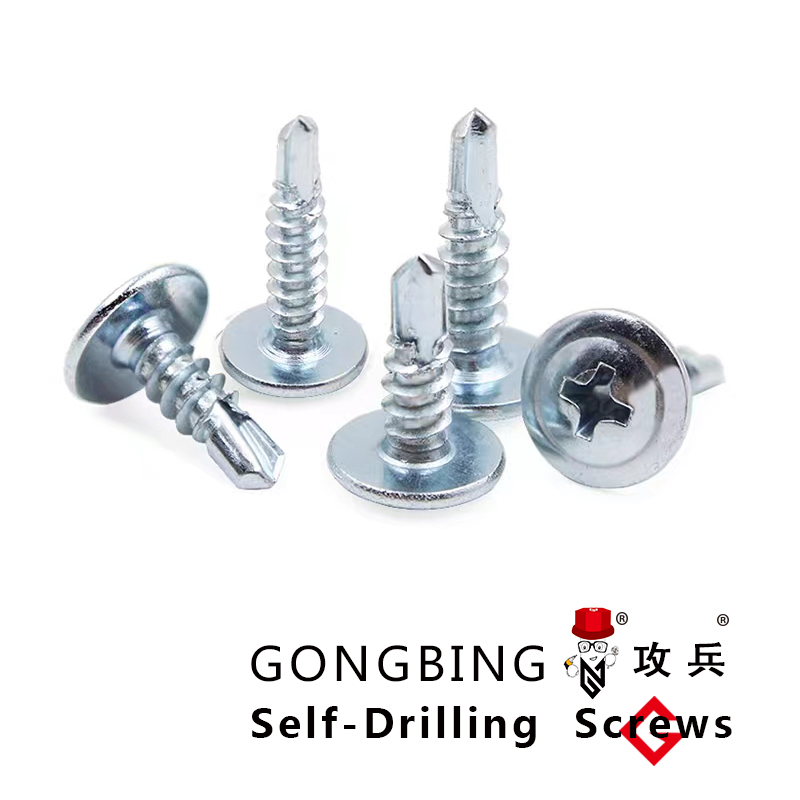m10 resin anchor bolts
Understanding M10 Resin Anchor Bolts Applications and Advantages
In the construction and engineering sectors, the choice of anchoring solutions plays a pivotal role in ensuring structural integrity and safety. Among various types of anchors, M10 resin anchor bolts stand out due to their versatility and high load-bearing capacity. This article delves into the characteristics, advantages, and applications of M10 resin anchor bolts.
What are M10 Resin Anchor Bolts?
M10 resin anchor bolts are specifically designed anchoring solutions that utilize resin-based adhesive to bond with concrete or masonry surfaces. The ‘M10’ designation indicates the bolt's diameter—10mm—which is a standard size used in various construction applications. The resin used is typically a two-part epoxy or polyester that cures when mixed, forming a strong adhesive bond with the surrounding substrate.
Construction and Operation
The installation of M10 resin anchor bolts involves a few straightforward steps. First, a hole is drilled into the concrete or masonry at the required depth and diameter. The hole is then cleaned to remove dust and debris, ensuring proper adhesion. After preparing the resin mixture, it is injected into the hole, followed by inserting the M10 bolt. The resin cures over time, creating a robust bond that effectively anchors the bolt. This curing process can vary based on the type of resin used and environmental conditions, typically taking anywhere from a few hours to a day.
Advantages of M10 Resin Anchor Bolts
1. High Load Capacity M10 resin anchor bolts are designed to withstand substantial tensile and shear loads, making them suitable for heavy-duty applications. Their ability to securely anchor in concrete under various load conditions minimizes the risk of failure.
2. Corrosion Resistance Many M10 resin anchor bolts are coated or made from materials that are resistant to corrosion. This characteristic is crucial in environments exposed to moisture or harsh chemicals, extending the lifespan of the anchoring solution and reducing maintenance costs.
3. Ease of Installation The installation of resin anchor bolts is relatively simple compared to traditional mechanical anchors. Since they do not rely on expansion, they can be installed in both solid and hollow substrates, making them versatile for different structural applications.
m10 resin anchor bolts

4. Vibration Resistance M10 resin anchor bolts exhibit excellent resistance to vibration and shock loading. This quality is particularly beneficial in settings such as industrial plants or machinery installations where equipment may generate considerable vibrations.
5. Customization M10 resin anchor bolts can be fabricated in various lengths and grades, allowing engineers and contractors to select the right specifications for their projects. This adaptability is key to meeting specific project requirements and ensuring optimal performance.
Applications of M10 Resin Anchor Bolts
M10 resin anchor bolts find their application in various fields, including
1. Construction Used in securing steel structures, precast panels, and heavy equipment, ensuring stability and safety.
2. Industrial Settings Ideal for anchoring machinery and structural supports in factories, warehousing, and plants where heavy-duty performance is essential.
3. Infrastructure Employed in bridges, tunnels, and highways where durability and load-bearing capacity are crucial, particularly in seismic-prone areas.
4. Residential Projects Useful in anchoring deck posts, fencing, and other outdoor installations, providing homeowners with reliable and long-lasting solutions.
Conclusion
M10 resin anchor bolts are a robust and reliable solution for a range of anchoring needs in construction and engineering. Their high load capacity, ease of installation, and resistance to environmental factors make them a preferred choice for both commercial and residential projects. As construction techniques evolve, the importance of durable anchoring solutions like M10 resin anchor bolts will continue to grow, ensuring the safety and longevity of structures.
-
Weatherproof Plastic Expansion Anchors for OutdoorNewsJun.06,2025
-
Sustainability in the Supply Chain: Eco-Friendly TEK Screws ProductionNewsJun.06,2025
-
Load-Bearing Capacity of External Insulation FixingsNewsJun.06,2025
-
Double Head Bolts: Enhancing Efficiency in Industrial MachineryNewsJun.06,2025
-
Corrosion Resistance in Chipboard Screws: Coatings for Wholesale DurabilityNewsJun.06,2025
-
Butterfly Toggle Bolts : Enhancing Structural ResilienceNewsJun.06,2025
